Good religious poetry... is likely to be most justly appreciated and most discriminately relished by the undevout
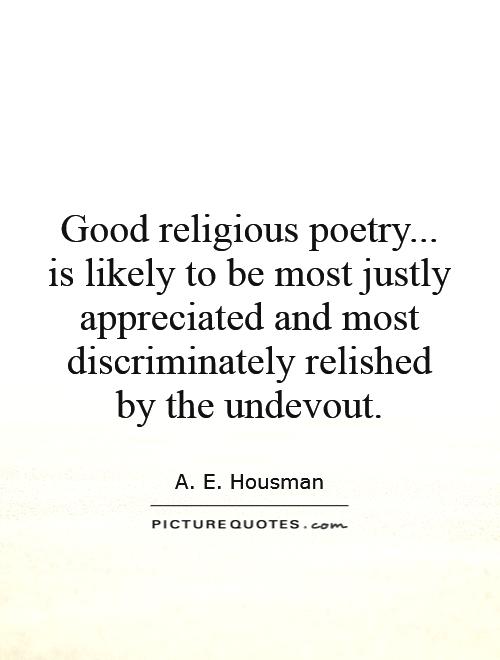
Good religious poetry... is likely to be most justly appreciated and most discriminately relished by the undevout
A.E. Housman, a renowned poet and scholar, is often cited as an example of a poet whose work is best appreciated by those who may not necessarily adhere to religious beliefs. His poetry, particularly his collection "A Shropshire Lad," is filled with themes of mortality, loss, and the fleeting nature of life. While Housman himself was not overtly religious, his work is deeply infused with a sense of spiritual longing and contemplation.Housman's poetry often grapples with the idea of death and the afterlife, themes that are central to many religious traditions. In poems such as "To an Athlete Dying Young" and "When I Was One-and-Twenty," Housman explores the inevitability of death and the transience of human existence. These themes resonate with readers of all backgrounds, as they speak to the universal experience of mortality and the search for meaning in the face of impermanence.
One of the reasons why Housman's poetry may be most appreciated by the undevout is its ability to evoke a sense of wonder and awe in the face of the unknown. Housman's language is often spare and understated, yet it conveys a deep sense of longing and melancholy. His poems invite readers to contemplate the mysteries of life and death, without prescribing any specific religious beliefs or dogmas.
Furthermore, Housman's poetry is characterized by its emotional depth and honesty. His poems are often deeply personal, reflecting his own struggles with loss and disillusionment. This rawness and vulnerability in his work can be particularly moving for readers who may not find solace in traditional religious texts or practices.


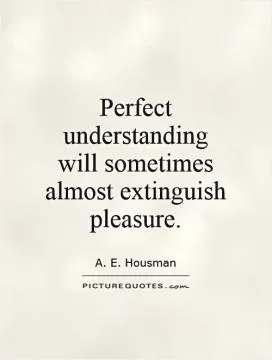
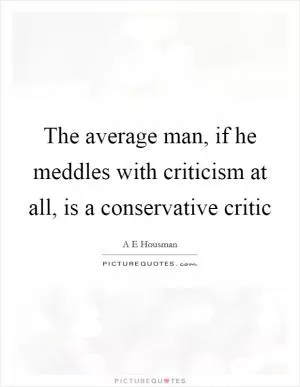
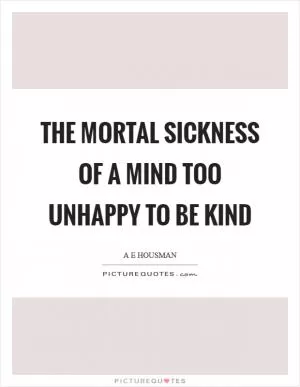

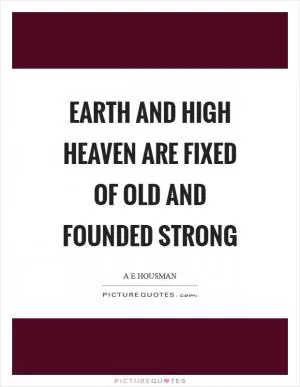
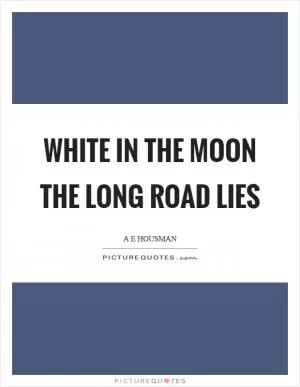

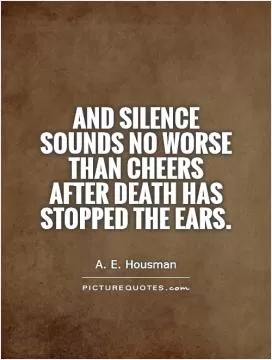
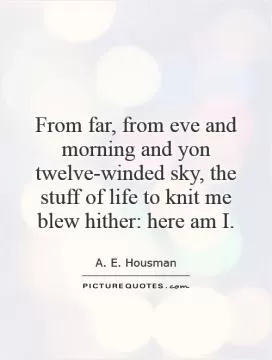
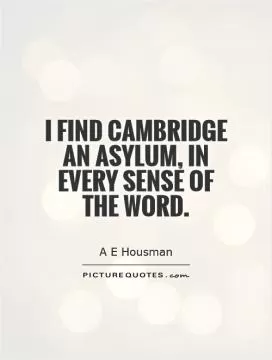
 Friendship Quotes
Friendship Quotes Love Quotes
Love Quotes Life Quotes
Life Quotes Funny Quotes
Funny Quotes Motivational Quotes
Motivational Quotes Inspirational Quotes
Inspirational Quotes